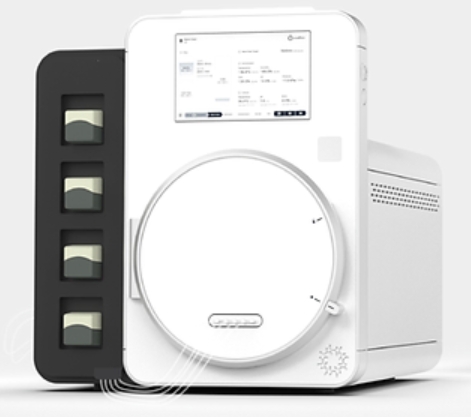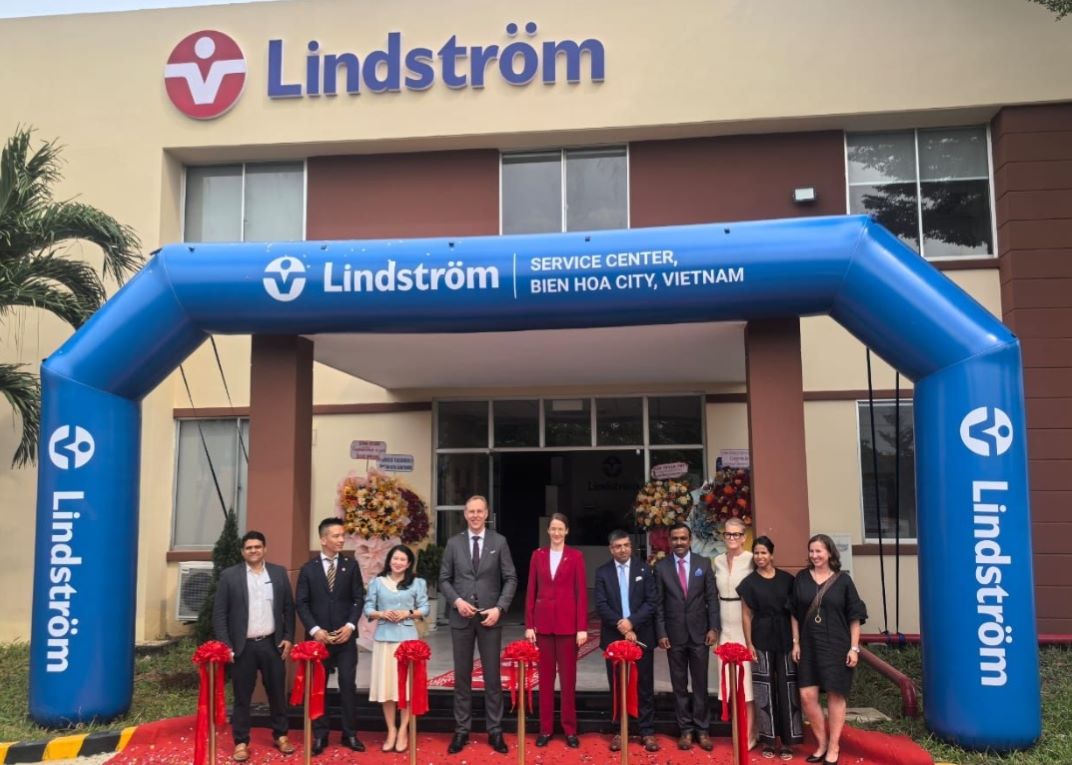
South Korea's biotechnology is strengthening its R&D capacity in genomics, proteomics, and bioinformatics
The year 2012 has been particularly eventful for South Korea. Not only has the nation elected its first woman president, Ms Park Geun-hye, but has also made progress on the path to become the fourth largest economy in the Asia Pacific region by 2016.
South Korea, which is the 12th largest economy in the world and has a population of 50 million, witnessed a GDP growth of 4.5 percent in 2011-12. The number of individuals over the age of 65 is expected to increase to 20 percent in 2025. This rate was 11.3 percent in 2010. This substantial shift in the demographics has led the South Korean government to increase its healthcare expenditure in double digits, touching almost 15 percent to reach $1.5 billion in 2012-13, which is almost 30 percent of the total expenditure of the country.
Korea is a significant market for over-the-counter (OTC) as well as prescription drugs, making it highly attractive to multinational drug makers as well as local and foreign healthcare companies. In 2011, a pharma market forecast presented by Business Monitor International indicated that Korea's pharmaceutical market is anticipated to reach $19.3 billion in 2014 and grow with a compound annual growth rate (CAGR) of 7.1 percent until 2019 to reach $26.5 billion. In 2012, Korea contributed 15 percent of the Asia Pacific revenue of about $150 billion, according to BioSpectrum Asia Pacific Bioscience Industry Survey.
A strong support by the Korean government, highly educated personnel, growing infrastructure and burgeoning innovation from the academic and private sectors are some of the major factors that are driving growth in the bioscience sector in Korea. The geographical location of the country also offers it a prominent advantage, as it can act as a base for local foreign companies to serve East Asian markets such as China, Japan and the ASEAN countries, which together account for 31 percent of global bioscience demand.
Currently, more than half of Korean biotechnology firms are located in the capital area of Seoul. The industry, however, is moving toward geographic diversification thanks to government policies that nurture bio-clusters throughout the country. In line with global trends, Korea's biotechnology is strengthening its R&D capacity in genomics, proteomics, and bioinformatics. There are also new researchs being done in bio-products through the incorporation of cutting-edge technologies. The annual average investment has increased at a hefty rate of 23 percent, which shows the strong will of the Korean government to promote the biotechnology sector.
Clinical research hotspot
Korea has positioned itself as a hub for global clinical studies in Asia as it has the necessary infrastructure and is rich in labor force in areas such as basic science, life science, and clinical research, which are needed as foundations to developing new drugs.
Also, many global pharmaceutical companies are exerting efforts to enhance the Korean market's position and reflect patient's need by inducing early stage clinical studies, as well as late stage studies. Furthermore, these companies are developing separate clinical trials targeting Asian population in Korea.
Many firms in Korea are also seeking help form life science investment companies to explore their clinical research potential on the global front. For example, Burrill Merchant Banking Group (MBG) was engaged by PharmaEssentia, a company based in Taiwan, to find US and Japanese partners for its phase III product for Polycythemia Vera. Burrill MBG was also engaged by Furiex to find a global partner for a phase III antibiotic development with major region focus being on China and South Korea.
However, there are challenges. Although Korea has a good foundation in the traditional fermentation, antibiotic and diagnostic industries, pharmaceutical companies have not been very successful in independently developing a molecule leading to a pharmaceutical product.
There is strong demand for licensing pharmaceutical products in Korea. Merck licensed technology from the South Korean firm Hanwha Chemical to expand its biosimilars portfolio, taking advantage of South Korea's growing expertise in the area.
The South Korean drug pricing system is also ambiguous in recognizing the proper value of new drugs, which are outcomes of R&D. Besides, these seems to be a gap between the acquisition of core biotechnologies and the development of supporting, industrial infrastructure in the domain of biotech. Although a lot of work has been done in this respect but a lot still needs to be done.




